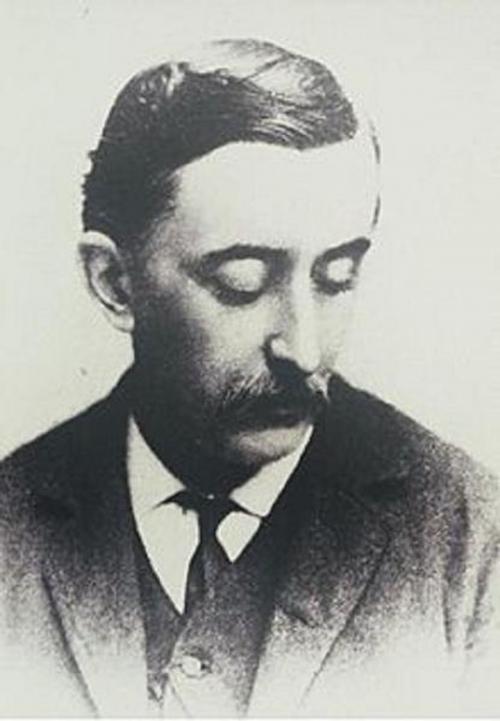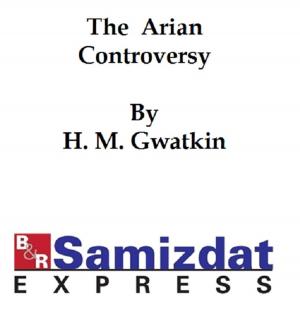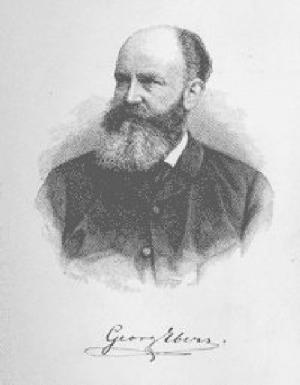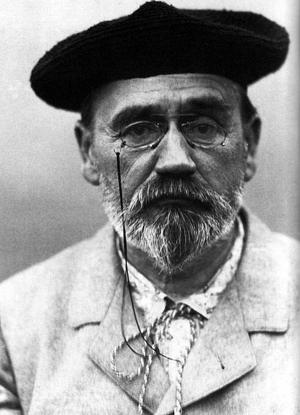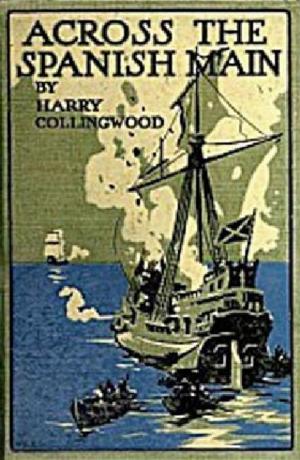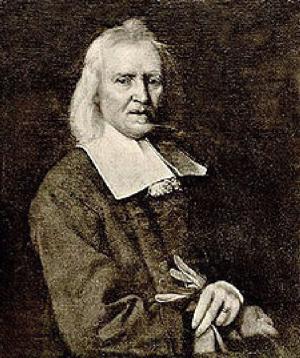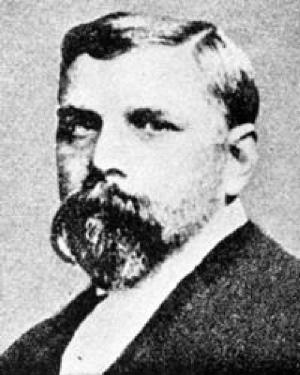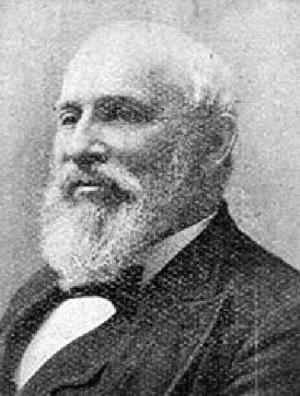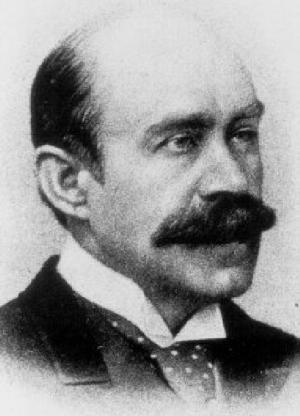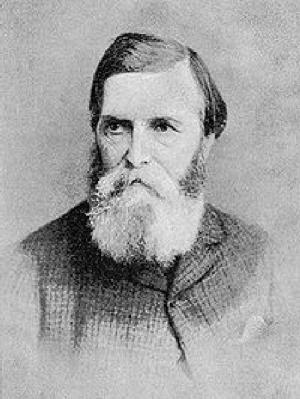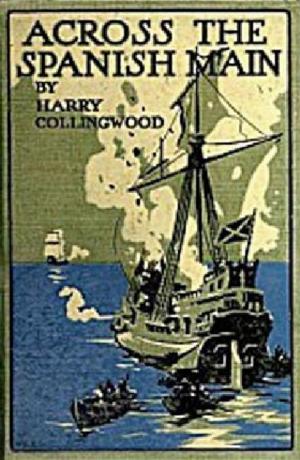Kwaidan: Stories and Studies of Strange Things
Fiction & Literature, Essays & Letters, Essays, Short Stories| Author: | Lafcadio Hearn | ISBN: | 9781455402120 |
| Publisher: | B&R Samizdat Express | Publication: | December 15, 2009 |
| Imprint: | Language: | English |
| Author: | Lafcadio Hearn |
| ISBN: | 9781455402120 |
| Publisher: | B&R Samizdat Express |
| Publication: | December 15, 2009 |
| Imprint: | |
| Language: | English |
Kwaidan: Stories and Studies of Strange Things: According the Wikipedia: "..often shortened to Kwaidan, is a book by Lafcadio Hearn that features several Japanese ghost stories and a brief study on insects. It was later used as the basis for a movie called Kwaidan by Masaki Kobayashi in 1965. Kaidan is Japanese for "ghost story"." According to Wikipedia: "Patrick Lafcadio Hearn (27 June 1850 26 September 1904), also known as Koizumi Yakum after gaining Japanese citizenship, was an author, best known for his books about Japan. He is especially well-known for his collections of Japanese legends and ghost stories, such as Kwaidan: Stories and Studies of Strange Things... The Japanese director Masaki Kobayashi adapted four Hearn tales into his 1965 film, Kwaidan. Some of his stories have been adapted by Ping Chong into his trademark puppet theatre, including the 1999 Kwaidan and the 2002 OBON: Tales of Moonlight and Rain... Hearn was a major translator of the short stories of Guy de Maupassant. In Ian Fleming's 1964 novel You Only Live Twice, James Bond retorts to his nemesis Blofeld's comment of "Have you ever heard the Japanese expression kirisute gomen?" with "Spare me the Lafcadio Hearn, Blofeld."
Kwaidan: Stories and Studies of Strange Things: According the Wikipedia: "..often shortened to Kwaidan, is a book by Lafcadio Hearn that features several Japanese ghost stories and a brief study on insects. It was later used as the basis for a movie called Kwaidan by Masaki Kobayashi in 1965. Kaidan is Japanese for "ghost story"." According to Wikipedia: "Patrick Lafcadio Hearn (27 June 1850 26 September 1904), also known as Koizumi Yakum after gaining Japanese citizenship, was an author, best known for his books about Japan. He is especially well-known for his collections of Japanese legends and ghost stories, such as Kwaidan: Stories and Studies of Strange Things... The Japanese director Masaki Kobayashi adapted four Hearn tales into his 1965 film, Kwaidan. Some of his stories have been adapted by Ping Chong into his trademark puppet theatre, including the 1999 Kwaidan and the 2002 OBON: Tales of Moonlight and Rain... Hearn was a major translator of the short stories of Guy de Maupassant. In Ian Fleming's 1964 novel You Only Live Twice, James Bond retorts to his nemesis Blofeld's comment of "Have you ever heard the Japanese expression kirisute gomen?" with "Spare me the Lafcadio Hearn, Blofeld."
